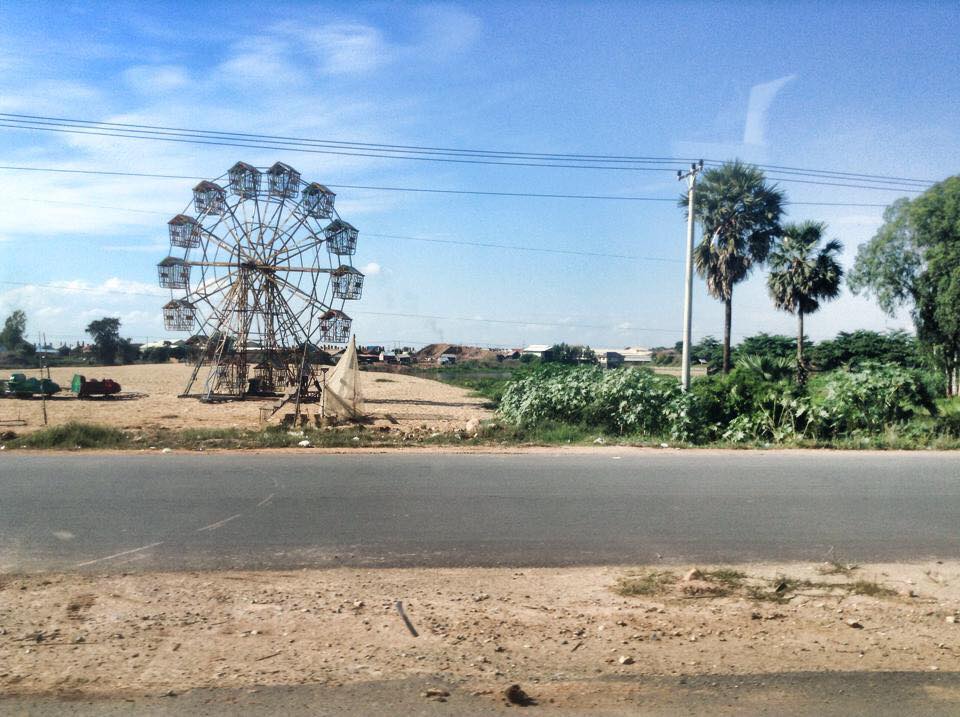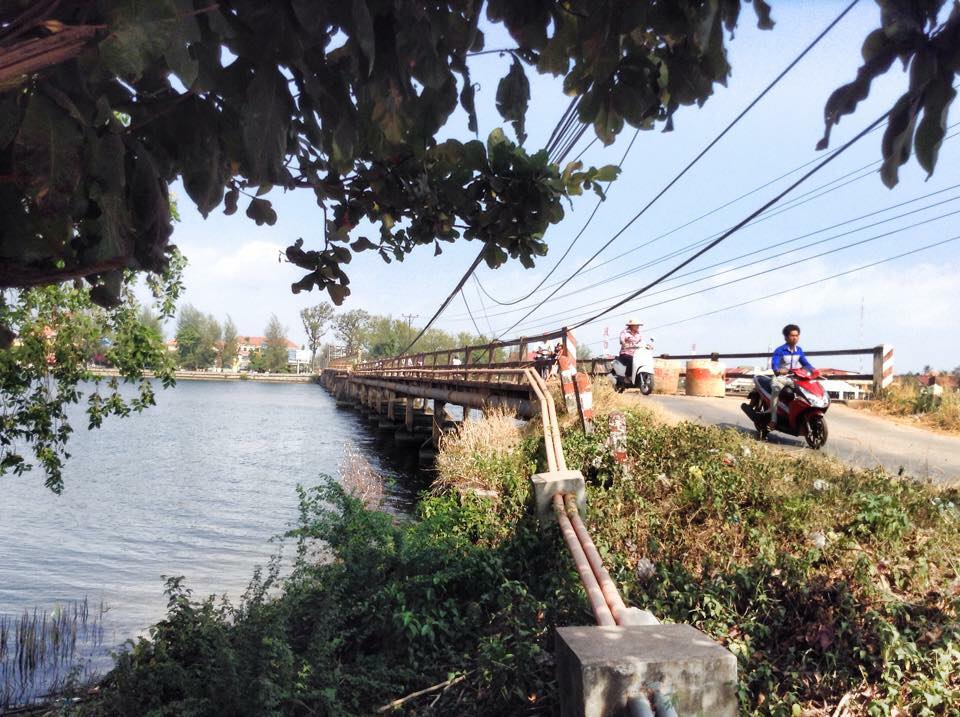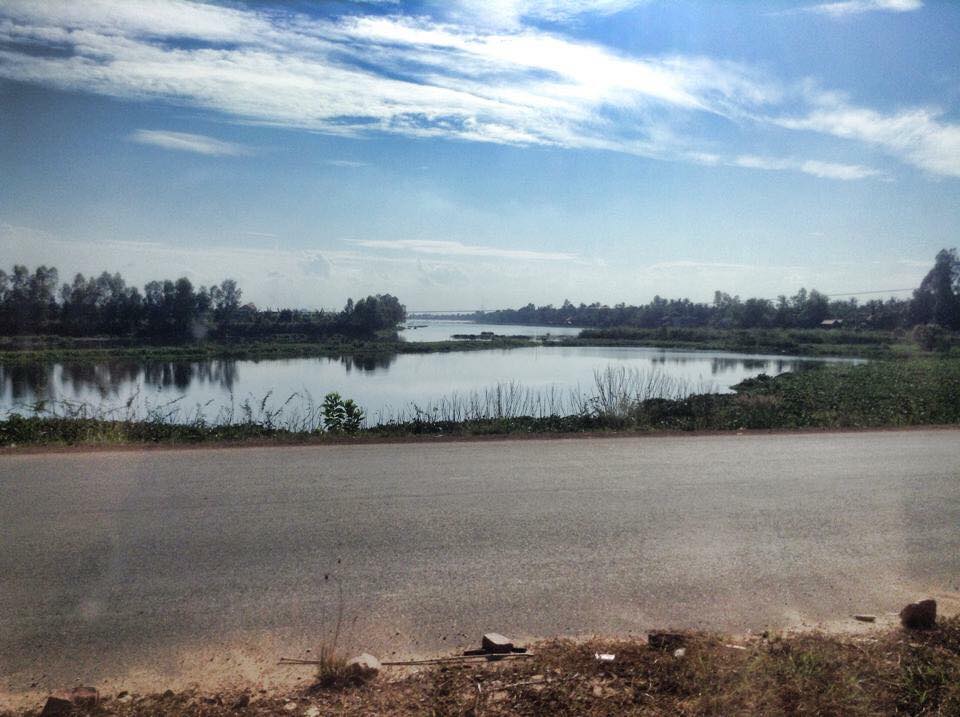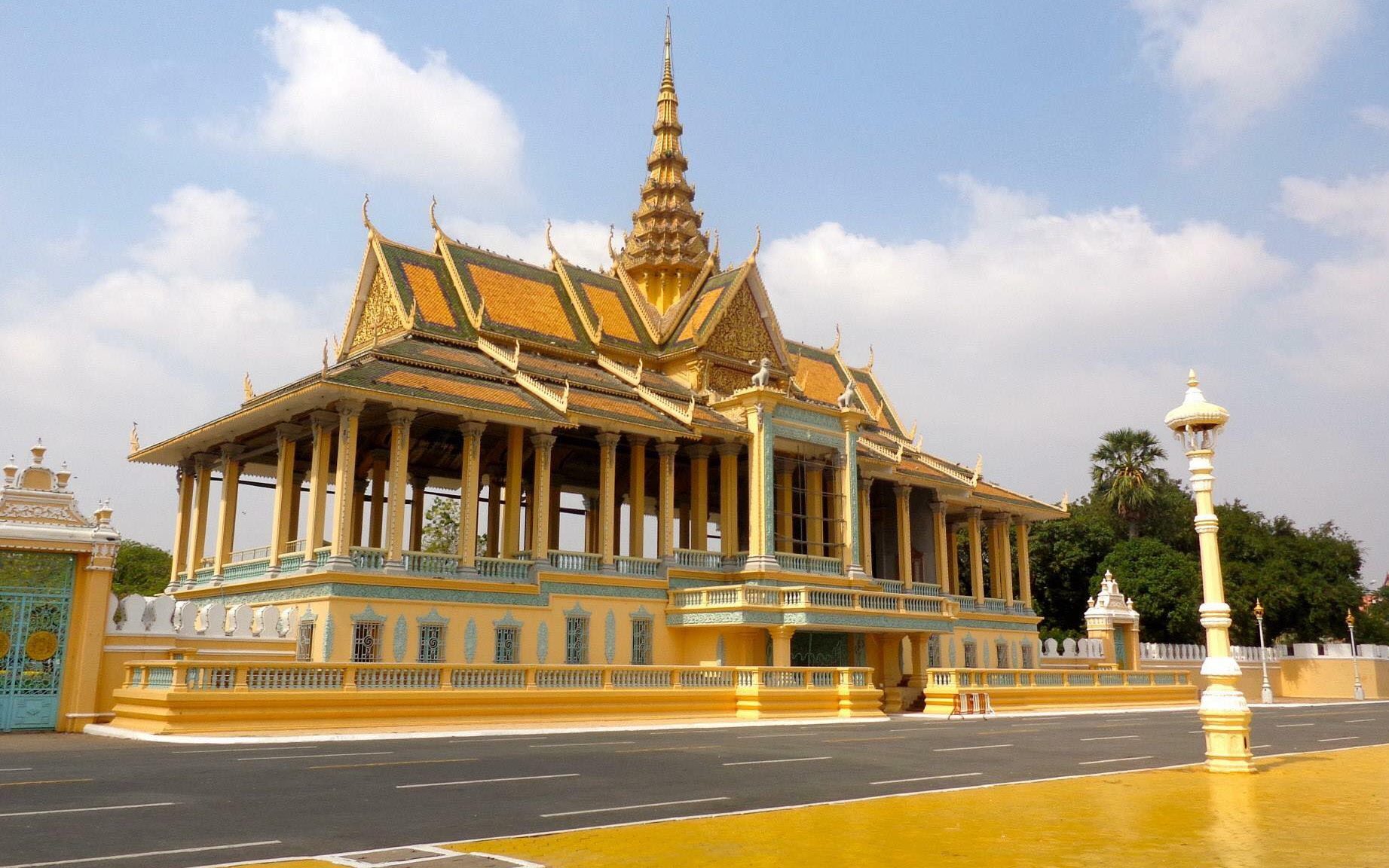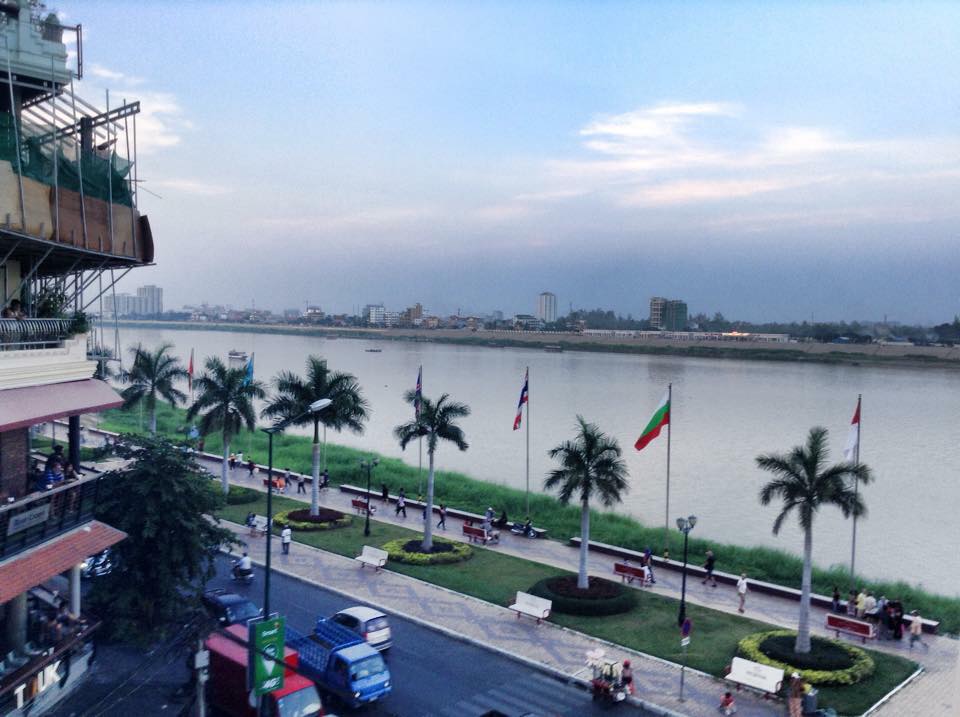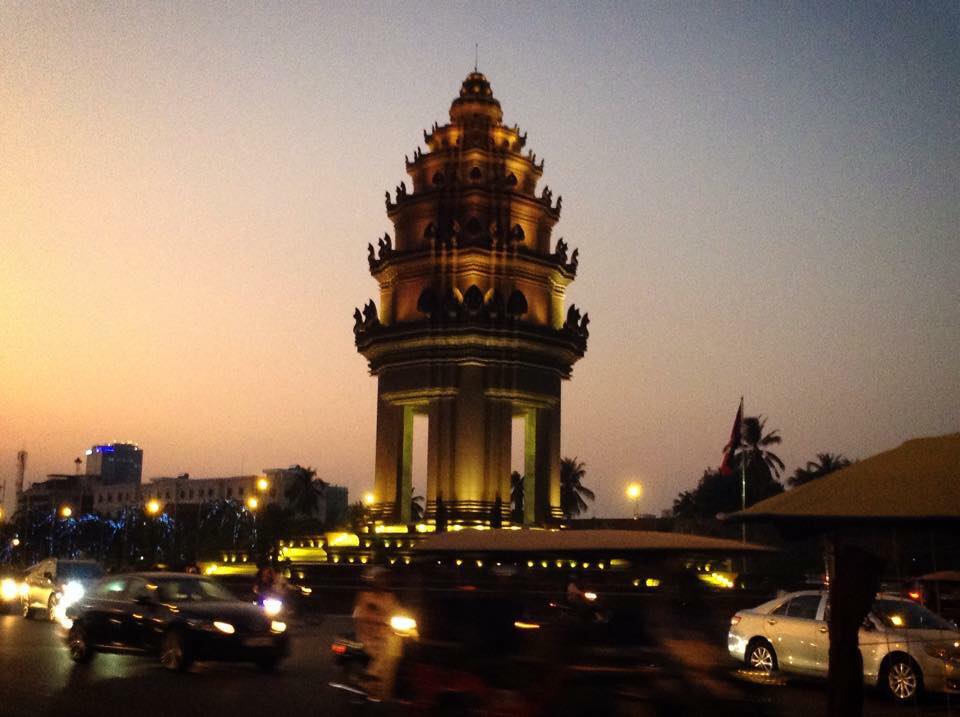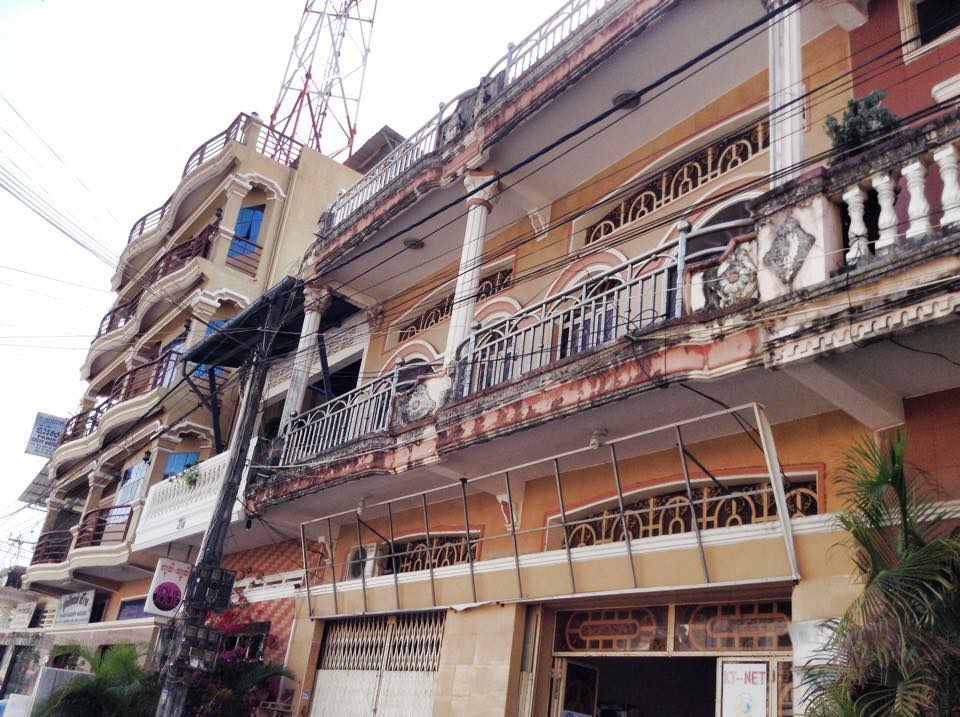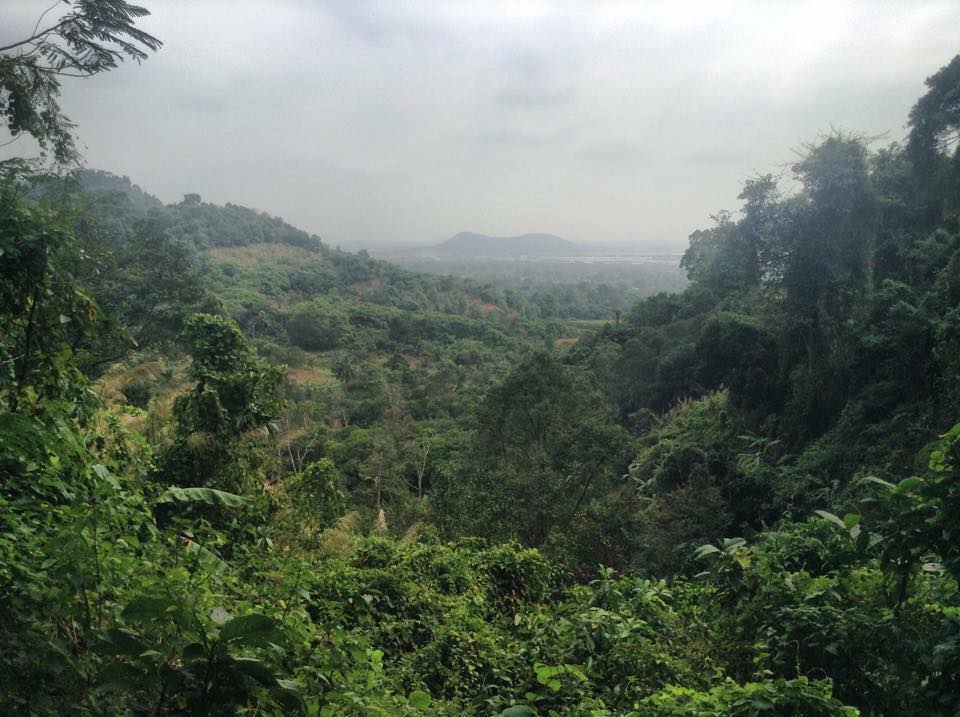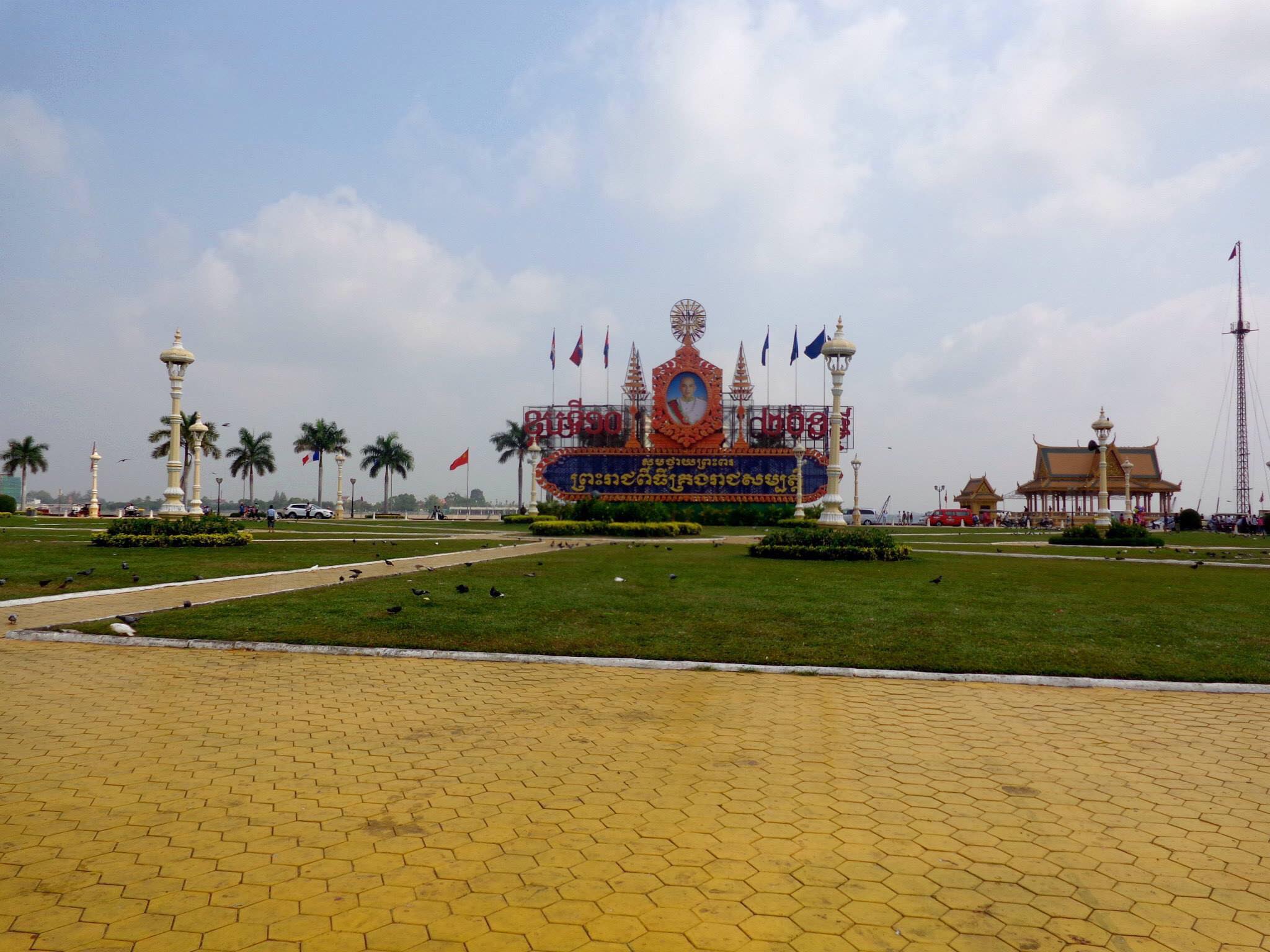It can be overwhelming to find a responsible volunteering opportunity in Los Angeles, but L.A. Works makes it simple with the click of a button. And now you can volunteer virtually doing everything from leading a fitness class to climate change advocacy.
By Kristen Kabal
Looking for an ethical volunteering program in L.A., but you’re not sure where to start? L.A. Works helps solve that problem by teaming up with hundreds of vetted local nonprofits and connects people to volunteer opportunities. It kind of works like a dating app. All volunteers have to do is browse through projects on their website that best suit a their skill set, availability, location, age and personal interest, then select a program to sign up with. It’s that simple.
From Venice to downtown to Hollywood, to Van Nuys, L.A. Works has projects throughout the city. Volunteers can participate in everything from homelessness, animal causes, senior services, adult education, sports & recreation, environment, children & youth education and more.
RELATED: Love for the elderly puts smiles on senior’s faces with handwritten letters
In response to COVID-19, the organization has implemented new health and safety policies, has shifted on-the-ground projects to focus on urgent needs like volunteers at COVID-19 testing sites and has created several opportunities to volunteer through Zoom. So while Los Angelenos are encouraged to volunteer, anyone, anywhere can now get involved.
L.A. Works is designed to make volunteering as easy as possible and eliminate the intimidation some feel when going through the process of finding programs. They have a series of introductory projects that people can start out with if they are new to volunteering and can usually be found on the homepage of their site. For anyone 55- years- old and older, the nonprofit will look at your resume and match you with an organization that is right for your professional background to help make the application process hassle-free.
In addition, they will work with nonprofits to help them with every aspect of getting up and running from writing out volunteer descriptions to helping to find volunteers. They also help corporations set up projects to get their employees active in volunteering.
L.A. Works has been serving the Los Angeles community since 1991 and have guidelines in place to ensure organizations they partner with are responsible, they won’t work with individuals, only 501C3 tax status nonprofits and they don’t allow for projects that are one-on-one with kids. When there are projects that involve children, volunteers must be background checked with the DOJ before permitted to join the program.
For more information visit laworks.com.


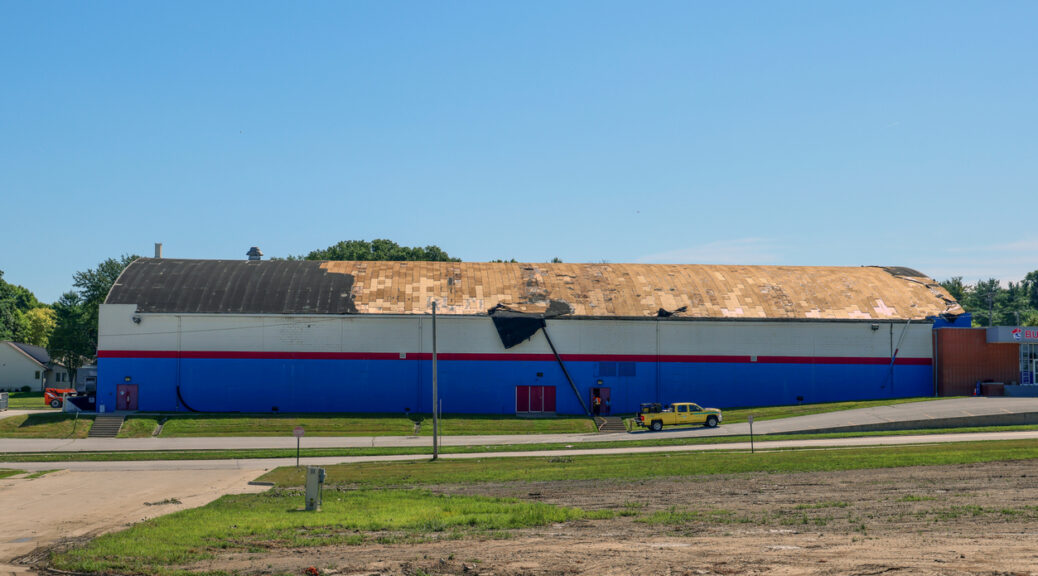
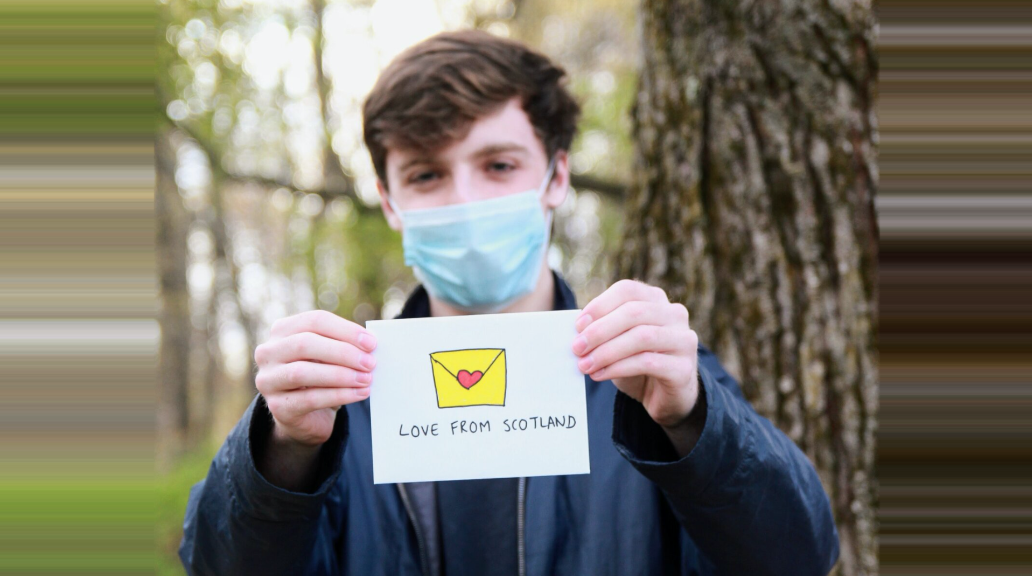
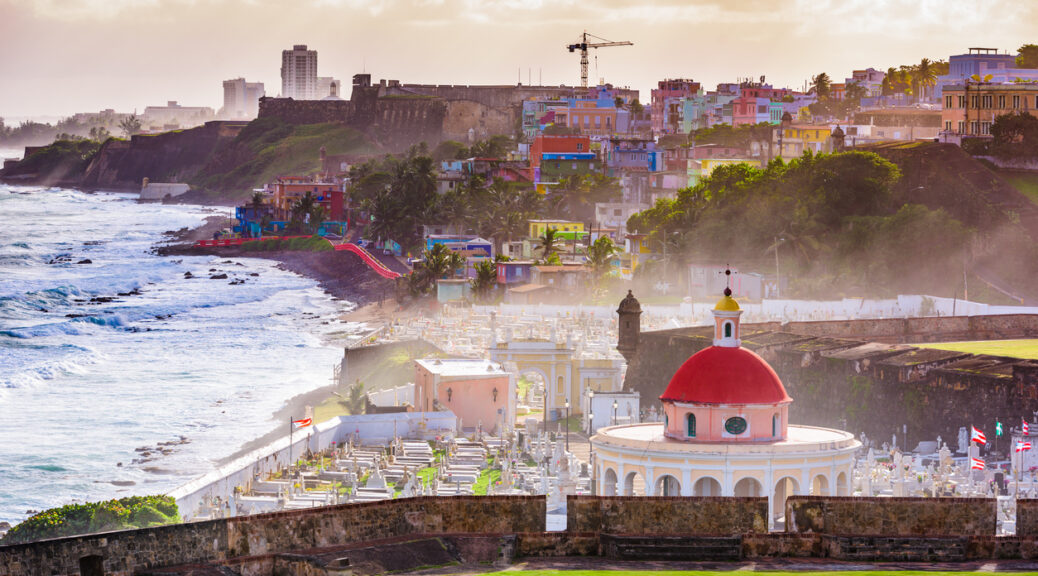
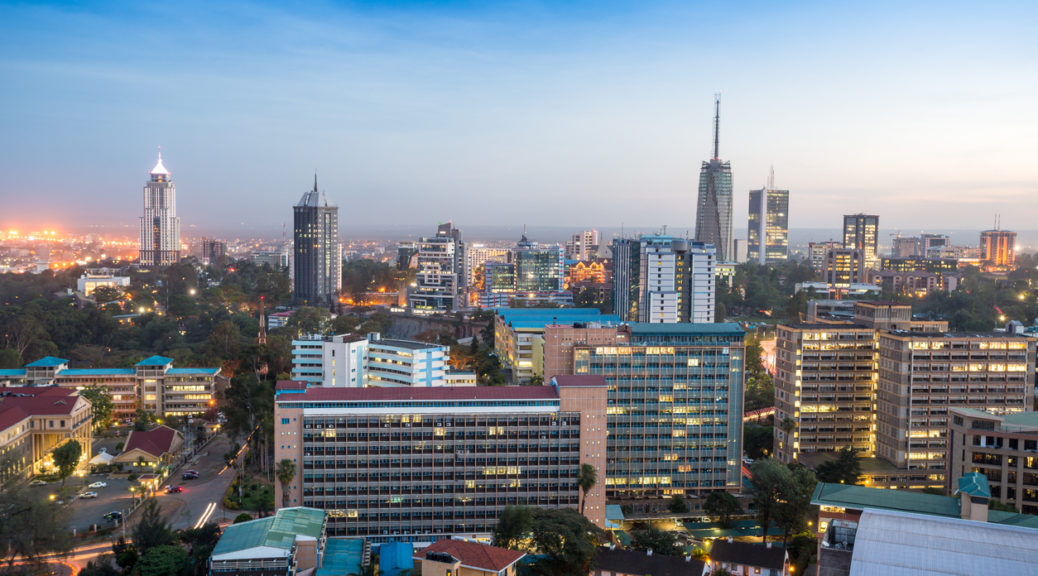

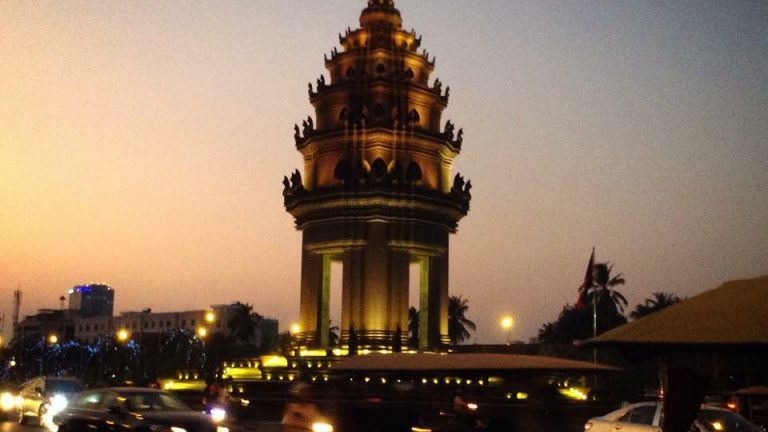
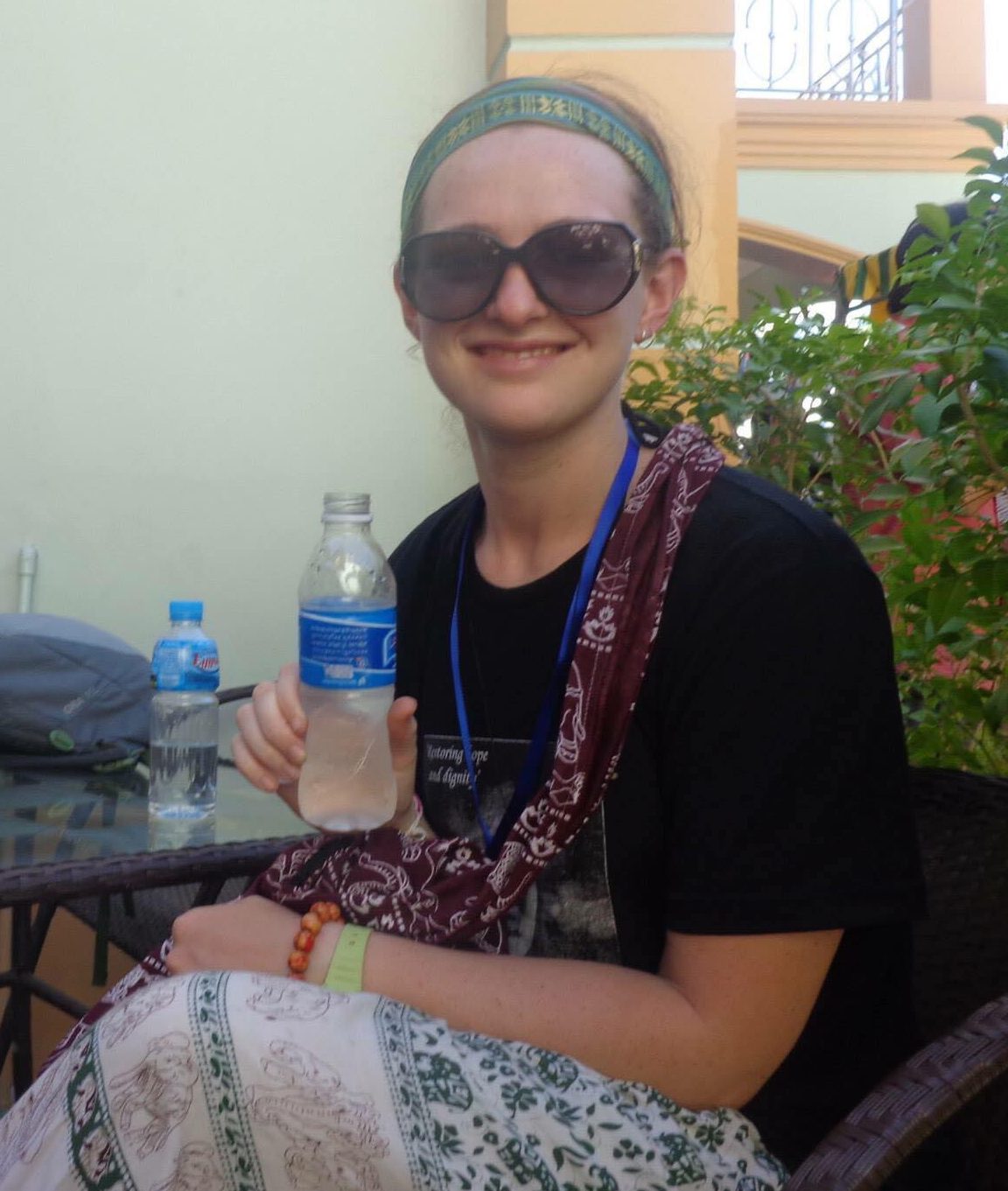
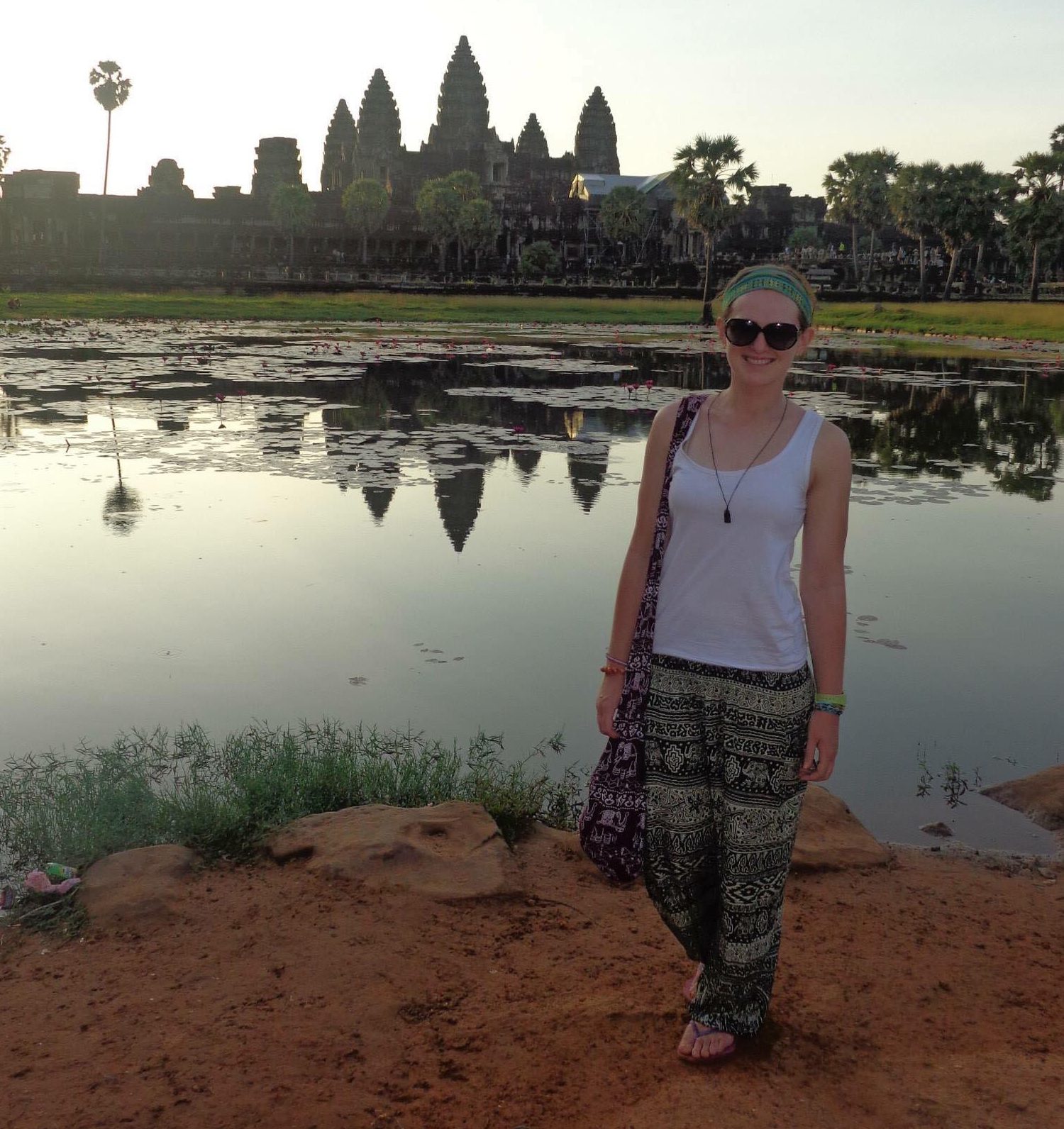
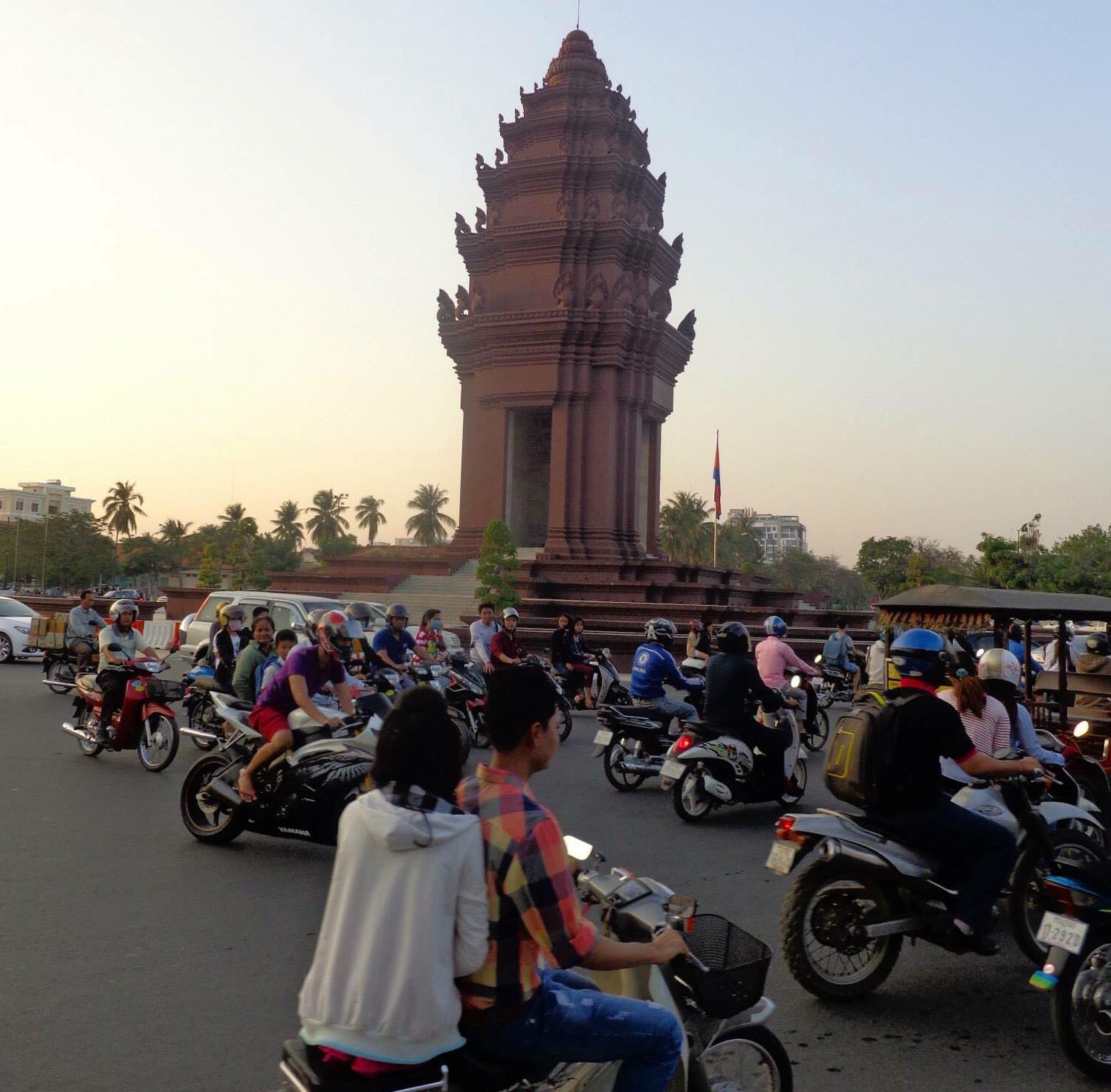
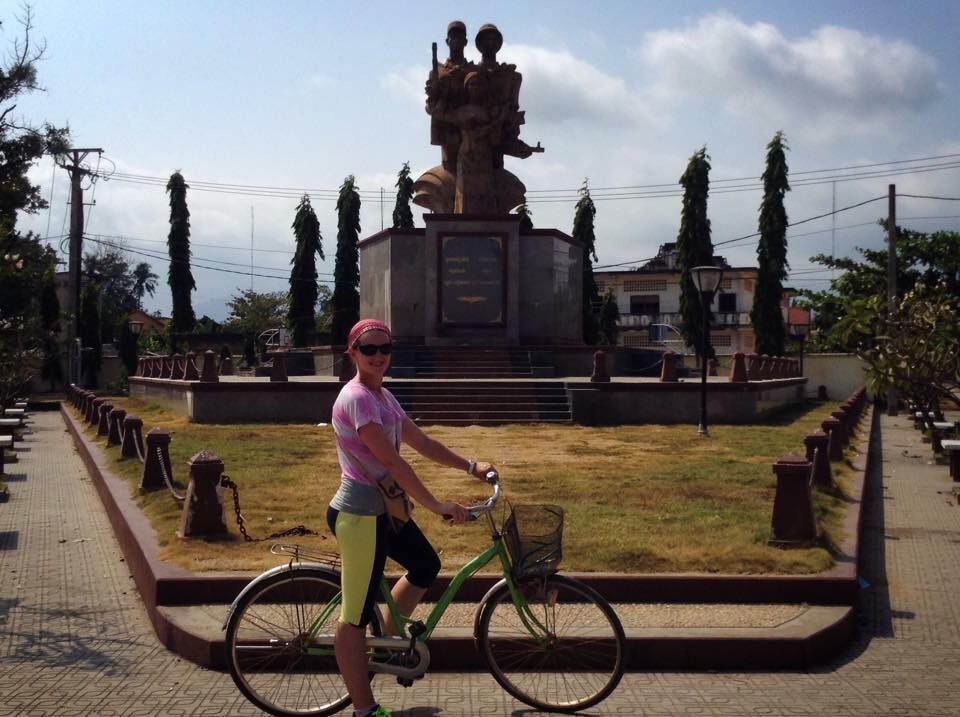
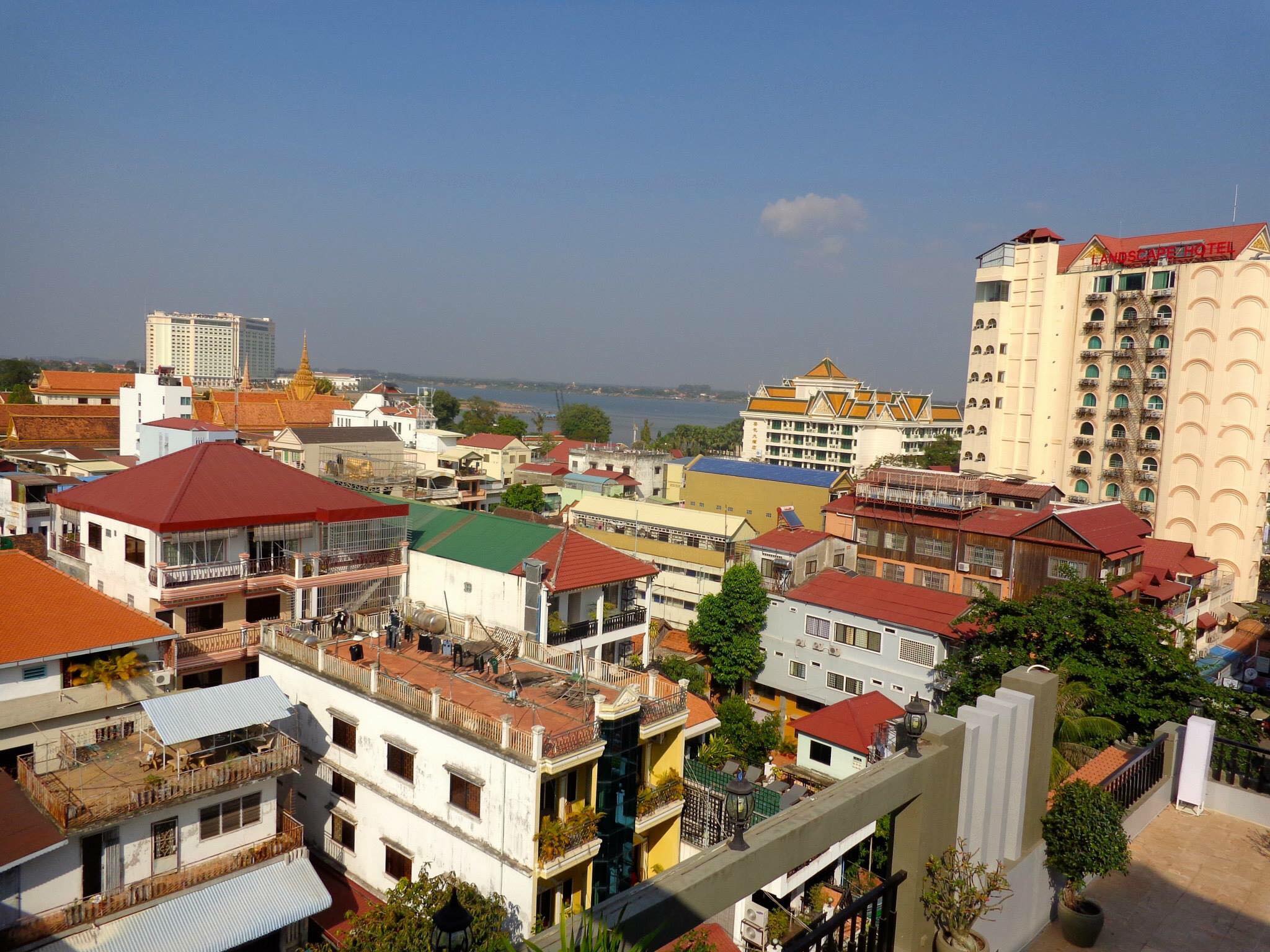 ‘
‘